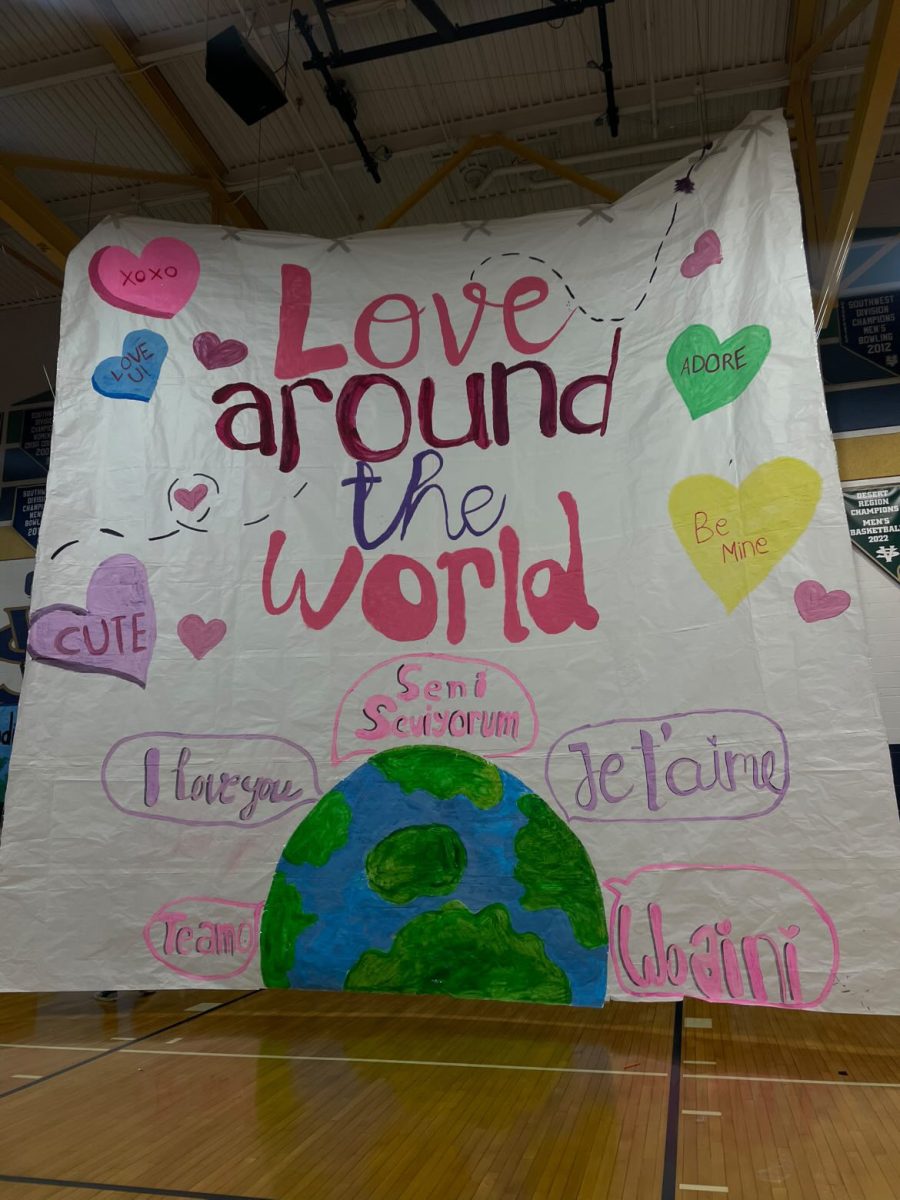Senior Nolan Lin thought joining Twitter, or X, would be a great way to make friends with people who had the same interests as him. As he started to post and gain traction on his posts, he got a lot of love, but also a lot of unexpected hate. People would call him names and refer to him by the wrong pronouns, all because of the transgender flag in his bio. He had never had a problem with his friends respecting his chosen pronouns and name before, so why were people online so different?
“I was really shocked, I think, especially because I had never experienced something like that so… openly before,” said Lin.
According to the Human Rights Campaign, new FBI data shows that anti-LGBTQ hate crimes have continued to spike in the US even when overall crime rates are declining.
However, these hate-crimes don’t only happen out in the real world. Many internet users feel powerful behind the mask of an anonymous profile, and some use it as an opportunity to harass and be hateful with little to no consequence.
“People are definitely more hostile… online and stuff, which is weird because I remember when I was in middle school or whatever the internet felt really accepting.” said Lin.
There have been many shifts in the political landscape of America in the past decade, and with multiple vocally anti-LGBTQ+ politicians currently in office across the country, many people in the community have felt uneasy.
The American Civil Liberties Union is currently tracking 390 anti-LGBTQ bills across the country, one of which is in Nevada.
“I definitely feel like there’s been a shift. It’s… different in person, it feels like people are more outwardly accepting… but online, people are way more outspoken and… hateful towards LGBT people,” said senior Liliana Padilla.
“It’s almost flipped, kind of, now I feel more comfortable around my I.R.L. friends than on social media,” said Lin
“It’s… almost like an epidemic, people are just really comfortable being hateful online again, and they mask it with jokes,” Padilla added.
Individuals using social media to spread hateful ideas is not new, and the act of disguising it as a joke is no exception. However, jokes with anti-LGBTQ+ undertones have been especially normalized in the past few years.
Also according to the Human Rights Campaign, in 2024, attacks based on gender identity increased by 16% from 2023, and those based on sexual orientation increased by 23%.
“A lot of my friends are also LGBT, so I feel safe, like, at school and when I’m talking to them, and I know they’re joking, but online it’s hard because, you know, anyone could be behind the screen, or you don’t know if they’re serious or not,” said senior Emily Pavon.
But just because the people who spread this hate are loud, doesn’t mean there’s nothing people can do for the LGBTQ+ community, especially on a personal level. To be an ally of the community, it’s important to let them know they’re supported.
“Just treat LGBT people like normal, you know, because we are, so yeah just don’t be like super homophobic and try and recognize… when a joke or maybe something you say is homophobic or transphobic or whatever and you may not realize,” said Pavon.
“I think the best way to be supportive is to call out bad behaviors… and kind of keep people that you know in check, even if it’s an uncomfortable thing… because in the end, if you don’t, it’s just… making it so they think what they’re doing is okay,” said Padilla.
With the many struggles the LGBTQ+ community has faced in the past, and is looking to face in the future, some students have expressed their concerns.
“I feel a bit nervous, especially with the stuff that has been happening with the I think… governor of Illinois… who I believe has called for the Supreme Court to take the act that legalized gay marriage back into court… and that’s worrisome, especially with the very Republican leaning Senate we have right now,” said Padilla.
However, despite all of the adversity, others remain hopeful that acceptance for the LGBTQ+ community has a bright future ahead.
“I think with the next wave of young people in government there will come, like, more pro-LGBT bills and stuff, and also in history I’ve seen that politics is kind of a pendulum… and it’s super to the right currently, but I hope it will swing to the left again in the next few years,” said Lin.







